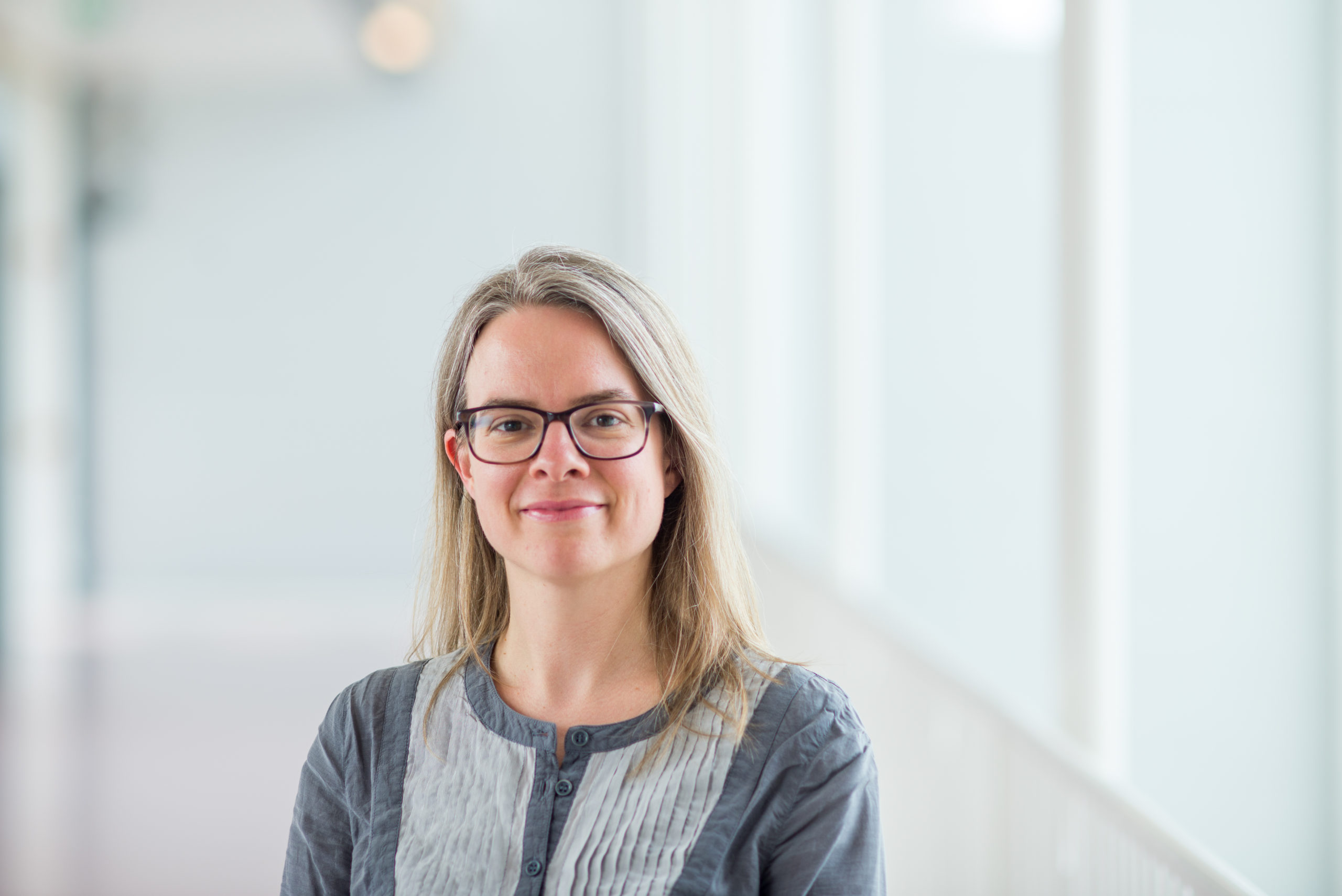
Připojte se k přednášce o COVID a jeho dopadech na ženy a muže

Join the webinar and discussion with an expert Sabine Oertelt-Prigione MD, PhD., MScPH, organized by the Centre for Gender and Science.
When: Oct 26, 2020, 13:00 – 15:00 CET, online
Registration form: Here (link for Zoom participation is provided in the registration form)
About the webinar: Most of the currently available data worldwide is showing us that more men a dying of COVID-19, while more women are getting infected. Immunological differences might play a significant role in this as well as differences in pre-existing conditions. In addition, exposure patterns, testing criteria, case definitions and access to healthcare might modify these patterns. In addition to the consequences of the acute infection, COVID-19 is significantly impacting economies, social systems and political priorities.
In the present lecture I will try to give a general overview of the current situation, starting from a medical standpoint and moving into the wider social consequences of this pandemic. I will highlight how the lack of attention to sex and gender can impact statistics, potential therapies and vaccines, livelihoods and the healthcare sector as a whole.
 About the lecturer: Sabine Oertelt-Prigione MD, PhD, MScPH is a physician specialized in internal medicine, public health and sex- and gender-sensitive medicine. Sabine has been working in the field of sex and gender-sensitive research for the last 15 years. During her medical and postgraduate studies in Italy, the USA, Germany and the UK, she investigated the biological basis of sex differences in autoimmunity. She then focused on the role of sex and gender in cardiovascular diseases. During these times, she came to understand the structural impact of organizations on change processes and obtained further training as an organizational consultant
About the lecturer: Sabine Oertelt-Prigione MD, PhD, MScPH is a physician specialized in internal medicine, public health and sex- and gender-sensitive medicine. Sabine has been working in the field of sex and gender-sensitive research for the last 15 years. During her medical and postgraduate studies in Italy, the USA, Germany and the UK, she investigated the biological basis of sex differences in autoimmunity. She then focused on the role of sex and gender in cardiovascular diseases. During these times, she came to understand the structural impact of organizations on change processes and obtained further training as an organizational consultant
With these tools she is now trying to understand how sex and gender-sensitive medicine can be successfully implemented. Her work focuses on the entire implementation arch: What is the status quo in sex and gender-sensitive research? What should be done? What is practically feasible in an everyday clinical and research context? And, finally, how to we institutionalize these practices?
She has developed the first international database about sex and gender-specific research, co-editor of one of the first textbooks in the discipline and has conducted the largest study in Europe on gendered harassment in academia. She is a member of the EU expert group “Gendered Innovations”, consults with national governments and funding agencies and advises startups that want to focus on sex and gender-sensitive topics. She is mother to a 9-year old daughter.
